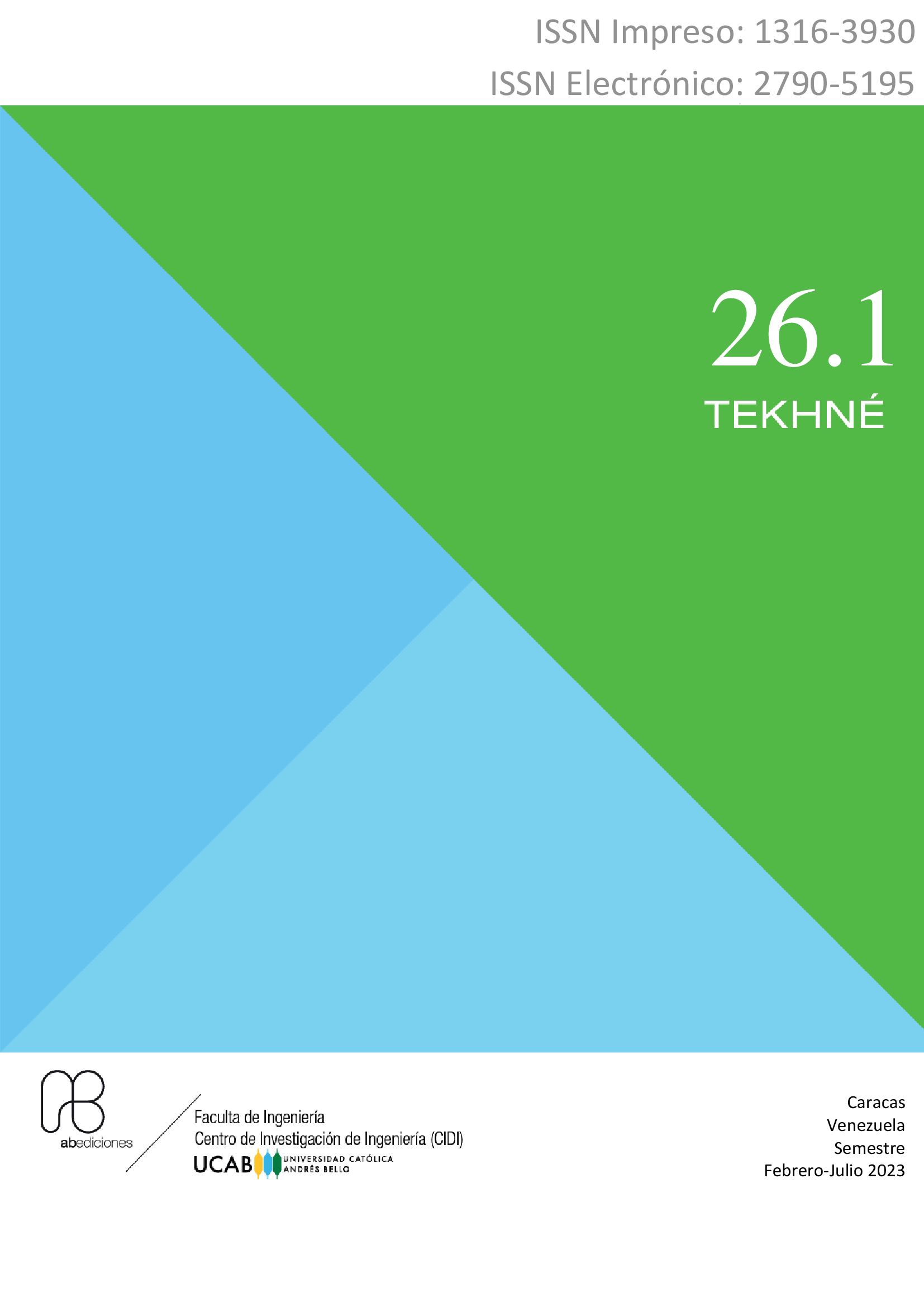The System based on Artificial Intelligence to predict possible diseases through the analysis of Profile 20 exams
DOI:
https://doi.org/10.62876/tekhn.v26i1.5680Keywords:
Profile 20 , deep learning, application, mobile, medicalAbstract
This degree work was developed for the Santa Inés Health Center, specifically for the process of analysis of laboratory tests. After carrying out the study of the process that is executed to send the results of the exams (specifically the Profile 20 exam) to the doctors for later reading, opportunities for improvement were evidenced that would reduce the time in which the doctors obtained the results of said exam.
In medicine, the work of physicians still involves taking a detailed history and careful physical examination. Counting on the support of exams that contain detailed information on various values that allow visualizing the general state; one of these exams is called Profile 20 or General Profile. It should be noted that today doctors have technological tools that allow them to provide a second opinion regarding the diagnosis of diseases. However, currently the Santa Inés Health Center of the Andrés Bello Catholic University does not implement the use of a tool that allows analyzing possible diseases that can be detected through Profile 20. Therefore, this research project is based on To develop the artificial intelligence method called Deep Learning of Multiclass Classification that, applied through a mobile application, can allow predicting diseases through the Profile 20 exam in health center patients. Thus, making it possible to detect 42 diseases from 26 tests that make up Profile 20.
Keywords: Profile 20, deep learning, application, mobile, medical
Downloads
References
J. P. Valtueña, "La Clínica y El Laboratorio: Interpretación de análisis y pruebas funcionales Exploración de los síndromes Cuadro biológico de las enfermedades", Barcelona, España: Elsevier Masson, 2006
IBM, «IBM: Inteligencia artificial en la medicina,» [En línea]. Disponible: https://www.ibm.com/es-es/watson/health/learn/artificial-intelligence-medicine
s.f., «Fases de la Programación Extrema,» [En línea]. Disponible: https://programacionextrema.tripod.com/fases.htm
S.f «Análisis de Laboratorio,» [En línea]. Disponible: https://www.tuotromedico.com/Guias/Analisis-de-Laboratorio/
S. Watson: la inteligencia artificial de IBM irrumpe en medicina,» 14 de enero de 2017. [En línea]. Disponible: https://www.consalud.es/saludigital/52/watson-la-inteligencia-artificial-de-ibm-irrumpe-en-medicina_41438_102.html
Iberdrola, «¿QUÉ ES LA INTELIGENCIA ARTIFICIAL?,» [En línea]. Disponible: https://www.iberdrola.com/innovacion/que-es-inteligencia-artificial
S. S. Azcoitia, «MYCIN, El comienzo de la Inteligencia Artificial en el mundo de la medicina,» 15 noviembre 2018. [En línea]. Disponible: https://empresas.blogthinkbig.com/mycin-el-comienzo-de-la-inteligencia/
SaludDigital, «Inteligencia Artificial predice enfermedad renal aguda 2 días antes de que suceda,» [En línea]. Disponible: https://saluddigital.com/avance-de-la-ciencia/inteligencia-artificial-predice-enfermedad-renal-aguda-2-dias-antes-de-que-suceda/
S. Vartan, «AI Can Predict Kidney Failure Days in Advance,» 31 julio 2019. [En línea]. Disponible: https://www.scientificamerican.com/article/ai-can-predict-kidney-failure-days-in-advance/
B. Iglesias, «Premiado un software pionero en España diseñado en el CHUO con ayuda del Campus,» 10 mayo 2019. [En línea]. Disponible: https://www.laregion.es/articulo/ourense/premiado-software-pionero-espana-disenado-chuo-ayuda-campus/20190510231517871047.html
SantalnesUcab, «Centro de Salud Santa Inés UCAB,» [En línea]. Disponible: https://santalnesucab.org.ve/
S. Dr. R. Paredes y D. O. Rivero S., «Seminario: El ejercicio actual de la medicina,» Universidad Nacional Autónoma de México, Ciudad de México, México, 2001.
Downloads
Published
How to Cite
Issue
Section
License
Copyright (c) 2023 Tekhné

This work is licensed under a Creative Commons Attribution-NonCommercial-ShareAlike 4.0 International License.




